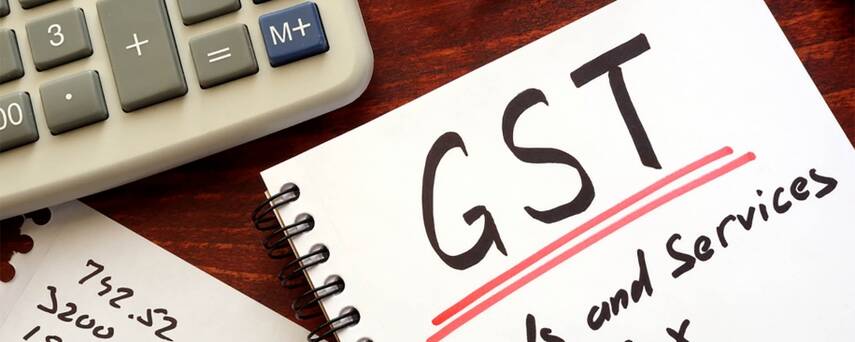Developers, buyers and brokers are now waiting for further clarification on how the Goods and Service Tax (GST) regime will affect them and the market. Under the new tax regime, every business carrying out a taxable supply of goods and services and whose turnover is more than Rs 20 lacs has to be compulsorily registered under GST.
We discuss everything that a builder and broker will need to be GST ready:
1. Quantifying the impact of the new projects:
The differential impact of GST at 12 percent and service tax at 4.5 percent would need to be quantified and compare against the savings arising due to the excise duty, VAT etc. This will definitely vary from the project to project and its different stage of construction. For example, savings may not be material for a substantially completed project and the tax incidence is set to increase. That means that the rate of 12 percent needs to be compared to the service tax and the taxes factored by developers which weren’t allowed as credit and replaced with GST to conclude whether the final price will increase or decrease.
2. Updating the system:
Developers, contractors, suppliers must update their system to produce GST compliant invoices. The invoice should hold the name, address, and the GSTIN number of both the seller and the buyer. The receipt should also contain the quantity of goods and service provided. Also, they have to make sure that the system captures the data point which will come up in August and the first detailed filing will take place in September.
3. Quantify the saving available to the contractors:
Contractors need to ensure that they pass the benefit of the taxes they were not allowed as a credit to them and were factored as a part of their price. This means that for the consumers to be profited from the reduction in the tax cost, and then the contractors should reduce their price to the developers. This will enable the developers to pass the benefit to the buyers.
4. Builder- buyer agreement:
Under GST the under construction properties will be taxed at the rate of 12 percent. The government has asked the builders to refrain from asking buyers to pay a higher tax rate on the instalment to be received after GST implementation. If any builder is found to be indulged in anti- profiteering then strict action will be taken against him.
5. Misc charges and expenses:
The GST on various charges and expenses such as basic sales price, preferential location charges etc, will be determined as per GST regime. The VAT and service tax under the previous regime in respect of goods lying in stock will be taxed as per GST regime.
6. Help educate the mass:
Builders and key players should take the responsibility to educate the struggling contractors, builders, etc and help them in understanding the new tax regime. This will help them in passing the benefit to the buyer while enjoying the benefits themselves. The government has decided to take it with leniency for first few months. The government has said that the detailed return needs to not to be filed and only the summary of it would suffice.
7. Proper reporting:
The new tax regime require proper reporting by all the developers, contractors, suppliers etc. the accuracy and timelines will help in ensuring that GST paid is allowed to credit till the last stage of the tax payer.
GST norms demand that the sales invoice of the previous month shall be filed till 10th of every month and the purchase invoices by 15th of every month. The invoicing has to be accurate and should match the data else the system will flag it.







